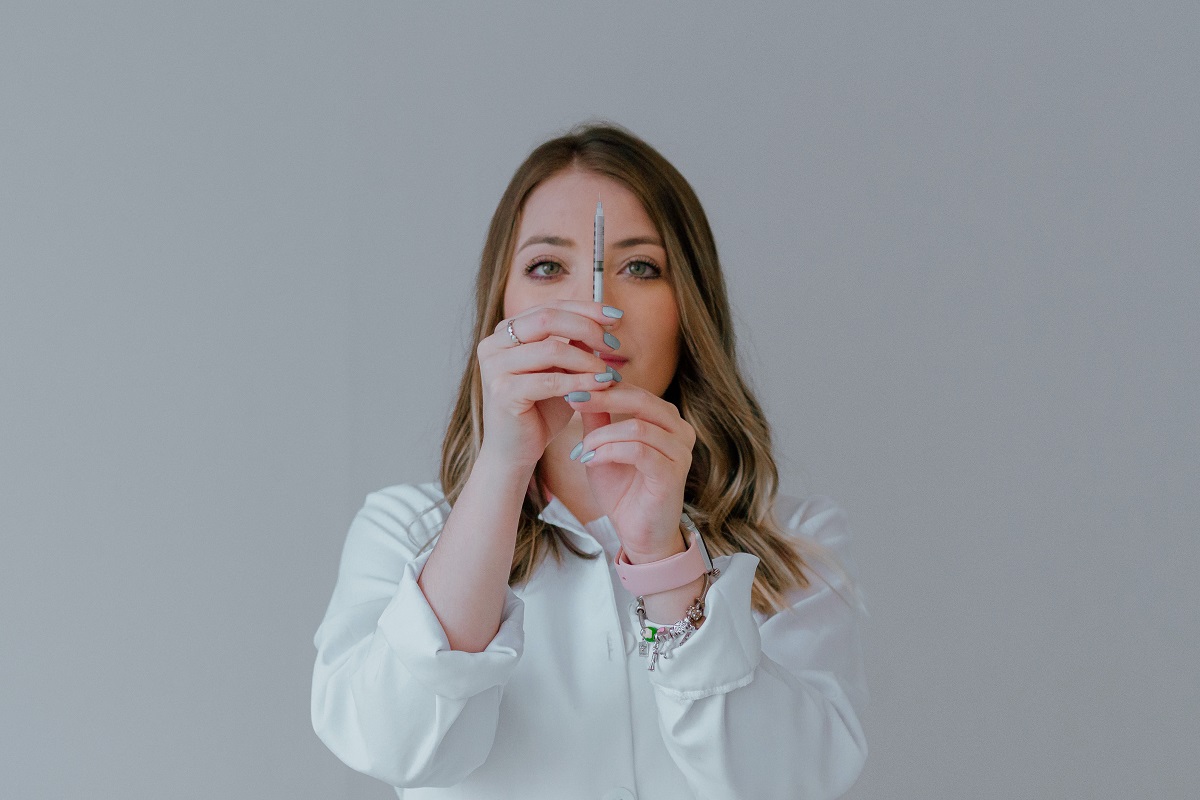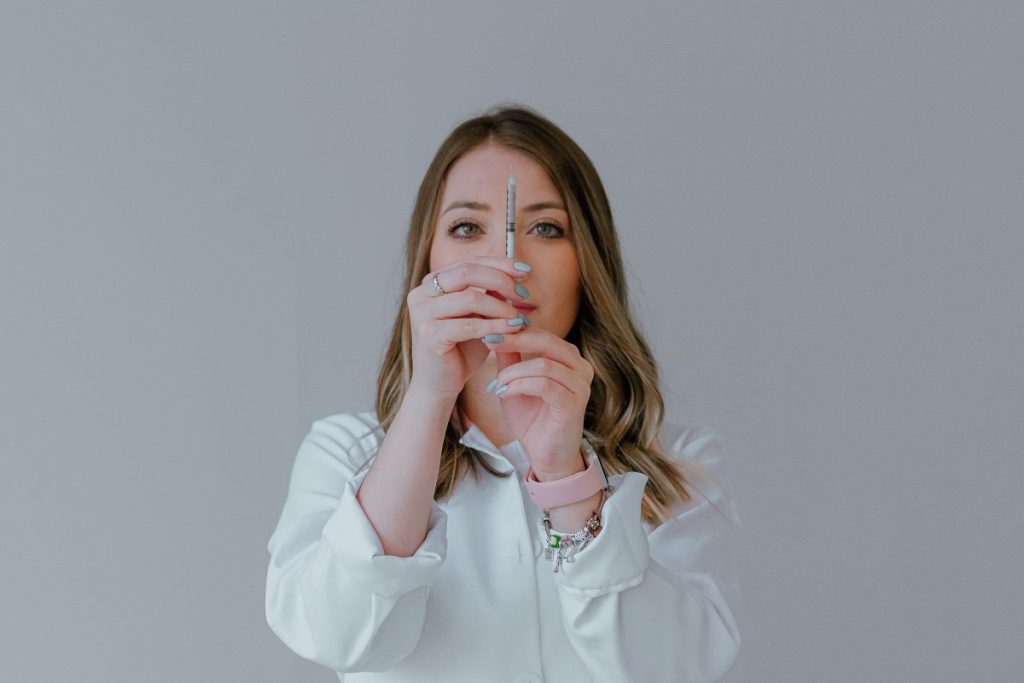Putting yourself through nursing school is not cheap. There is a vast selection of nursing programs at various costs in the USA. Some of these programs are more prestigious and expensive while others are more practical and affordable.
Your academic background and desired program determine the tuition fee you will pay. Scholarships and aid are often provided for students with financial hardship.
You should check your school for relevant information.
How Much Does Nursing School Cost?
To be a nurse, you must complete a certified nursing program by a recognized institution. There are several degrees to choose from. The syllabus in each program varies to attain specific goals.
Some courses are suitable for fresh high school graduates to continue higher education and some are for working professionals looking for a career switch.
The costs of these programs vary as well as the entry requirements. You should consider the appropriate program for your qualification.
1. Associate Degrees In Nursing (ADN)
Typically lasting two years, ADN provides a shorter nursing degree for candidates looking to dive into practical experiences soon. The course fees of ADN are credit-based. Students pay for the credits. Each course is around $200 per credit.
Both public and private universities can offer ADN with a huge price gap. At public institutions, the program usually costs around $10,000 to $20,000. The minimum cost jumps to $40,000 at private institutions.
Veterans and active military soldiers can usually enjoy scholarships and tuition fee discounts. The reduction percentage is set by the school. Working students can look into extending the duration if they cannot fulfill graduation requirements.
When applying for programs, students should take into consideration the cost of accommodation, practical training, and extracurricular programs. ADN students are entitled to live in student dorms but the stipend may differ from other programs.
2. Bachelor of Science In Nursing (BSN)
The BSN program is the most traditional path for high school graduates. It is a four-year university degree. Students can enroll with their exam scores plus other prerequisites. On average, students in the BSN patch are the youngest among other nursing programs as its target audience is high school graduates.
Depending on it you get funded by the state or are able to receive financial aid, the tuition fee range from $20,000 to $100,000 and upward. The cost of some BSN programs proportionally reflects the school’s reputation.
The more prestigious a school is, the higher the cost. Candidates with financial hardship can receive help from the government and the school.
Students previously in the RN-to-BSN programs only need to complete two years additionally on campus. Most schools offer a six-year period for the completion of the program. Students can freely arrange their time to take a gap year or intern at a medical facility.
BSN students often receive the most scholarship opportunities. A vast range of funds is going into supporting the growth of higher education. Many students are eligible for discounts in different aspects.
3. Master Of Science In Nursing (MSN)
The MSN program can be split into full-time and part-time, which take one year and two years, respectively. You do not necessarily need a bachelor’s degree to get admitted into an MSN program but you will need to demonstrate relevant knowledge and background in your application.
Depending on the specific program, the cost ranges from $30,000 to over $100,000. It also depends on the school’s resources, reputation, and history. It takes between 30 to 60 credits to finish the degree.
Just like other nursing programs, students are eligible for numerous financial benefits such as scholarships, stipends, housing discounts, and more. Reputable schools will offer more comprehensive financial aid for students as they tend to get more funding.
Master’s students get more exposure to lab work. They can assist in research projects and work part-time at the university.
If you are enrolling in a master’s program after working in the field, there is a chance your workplace may offer you a full scholarship as long as you agree to continue working in the facility for several years after graduation. Medical corporations often strike deals with outstanding candidates to secure talents.
4. Doctor Of Nursing Practice (DNP)
If you are coming from a BSN program, you will need around three to five years to achieve the DNP degree. For other prospective students, it will be around two to three years.
Each school sets its own bar when recruiting students. The DNP program is an advanced degree for nursing students. Therefore, candidates are expected to have an extensive background in the field.
A lot of students doing the DNP programs are receiving scholarships. Therefore, the cost differs according to the percentage of financial support. A DNP program can cost up to $70,000 whereas students with aid pay around $30,000.
Students may also get paid to do the DNP program if they carry out recognized medical research. They can receive grants from the school to conduct research on nursing-related topics. It covers their labor cost as well so students are well-compensated for their work.
How To Get Into a Nursing School?
Getting into a nursing school can be competitive. Some states have more spots for nursing students while others have tight resources. To get accepted, applicants must first demonstrate solid skills in their previous education.
Candidates have to undertake specific school entry exams and achieve satisfactory scores. Based on your result, you will know which program you can apply to. Schools may set a minimum required score. Candidates failing the requirement will not be considered at all.
These entry exams can either be taken online or physically at the school or at a test center arranged by the school. The cost of the exam is usually under $100.
The test result is not geographically bound. Candidates can apply to other nursing schools but the test may expire in two years or when a new version comes in.
After verifying your submission meets university standards, you will be invited for a few rounds of interviews. The interview process includes a group interview, an individual interview, and an over-the-phone interview.
Once you are selected, you will be offered a letter of acceptance. It signifies your seat in the upcoming academic years. The acceptance rate depends on the number of applicants and the school’s policy.
You may see a significantly higher intake rate in some schools than in others. The acceptance rate should be for reference only and should not be a determining factor in your application.
How To Pass Nursing School?
To qualify as a healthcare professional, you have to go through several stages. From theory exams to clinical research, nursing students are expected to possess in-depth knowledge in many fields in the medical industry.
First-year students will mostly be required to fulfill certain hours of attendance. Failing to meet lecture and tutorial hours could result in not being promoted to the next year. Practical exams may not be included but some schools will already introduce clinical experiences for freshers.
Senior students are exposed to more practical tutorials. Lessons are no longer lecture-based. They will be assigned to various hospitals to fulfill their clinical hours.
Passionate students can start earlier by joining extracurricular activities, which gives them a chance to dive into other departments that may not be covered in the school’s program.
In your final year, the school will evaluate your overall performance throughout the year. If your performance has been satisfactory, you can proceed to take the final exam, which is a combination of essays, practical exams, and theory tests.
In addition to passing nursing school, students are often advised to sign up for volunteering programs and lab assistance work.
Volunteering programs, particularly overseas ones, expand the student’s reach and network. Students could be offered an international placement after graduation.
What Kind Of Nurses Get Paid The Most?
The nursing industry further breaks down into different categories. According to the U.S. Bureau of Labor Statistics, the average salary for nurses across all specialties is $78,000 per year.
The benchmark can be a reference for prospective candidates in accessing future earnings. However, candidates must know to consider the cost of living in their state, their specialty, educational background, and other factors as well.
Nursing students may choose a specialty in their program or during training. Among all specialties, Certified Registered Nurse Anesthetists ranks top for the highest-paying nursing title. They earn around $202,000 yearly.
Ranking second is the Neonatal Nurse Practitioner title, which pays $131,000 annually. A Cardiac Nurse Practitioner gets paid $120,000 and an Orthopedic Nurse Practitioner gets around $190,000.
These figures can be an estimate for students to choose their specialty. The exact salary is based on a number of factors and should be negotiated between the candidate and the employer.
Best States For Nurses
The best states for nurses are calculated according to the average pay, living conditions, prospects of the nursing industry, public funds, supply and demand for nurses, education quality, the future growth rate in the field, and more.
California is thought to be the best state for nurses in all parameters. Nurses get paid $40,000 more than the national average per year. Plus, the state is projecting a surge in demand in the coming decade, leading to better benefits for nurses.
Washington is also on the list for providing job stability and all-rounded welfare packages. The turnover rate in the state is low. Nurses tend to stay in their institutions for an extended amount of time.
New York makes it to the top states for nurses thanks to its unchartered opportunities. Nurses could jump internationally or get hired as a consultant in research facilities. The Big Apple is the stepping stone for many aspiring nurses to advance their careers.
Other states include Texas, Ohio, and Hawaii. When you apply for jobs, you should evaluate the pros and cons in each state. States not listed here can be equally rewarding for nurses as long as you can negotiate the best terms. Keep in mind that some benefits are non-monetary.
People may willingly choose a job that pays less if the welfare is much better. Consider your personal needs to see which offer suits you the most.
How Many Hours Do Nursing Students Study?
Going through nursing school is intense. Students have to study every day to get through the entire syllabus. It is no less than other medical programs. You should at least invest two hours a day.
Hands-on practice helps with the stress as students become familiar with the steps. Clinical hours are important. Most nursing schools require a minimum of 200 to 300 clinical hours with some demanding more to pass.
Candidates should not estimate the dedication required to attain study goals. Getting a nursing degree is not easy. If you are not passionate enough about the subject, it will be increasingly difficult to pass each course.
When you are in the final year, practical experience takes up more in your academic evaluation than lectures. You have to complete your placement with outstanding performance. The studying hours will drop as you are physically working in a hospital.
Schools usually organize study groups for students to revise together. These groups are supportive and sometimes led by a school tutor. Students can spend their after-school hours catching up on their weakest link.
Unlike some other subjects, the hours you invest in your nursing degree directly reflect your job performance in the future. That’s why it is essential to put in the necessary hours. Skipping school and missing lectures are not good ideas in nursing schools.
Summary
Attending nursing school is costly. Thankfully, there are different programs to choose from. Finding the right nursing program, you will likely excel in means a higher chance for scholarships. With subsidies and grants, the cost drops drastically.
Contact your favorite nursing school to inquire about any questions you may have about its system.












